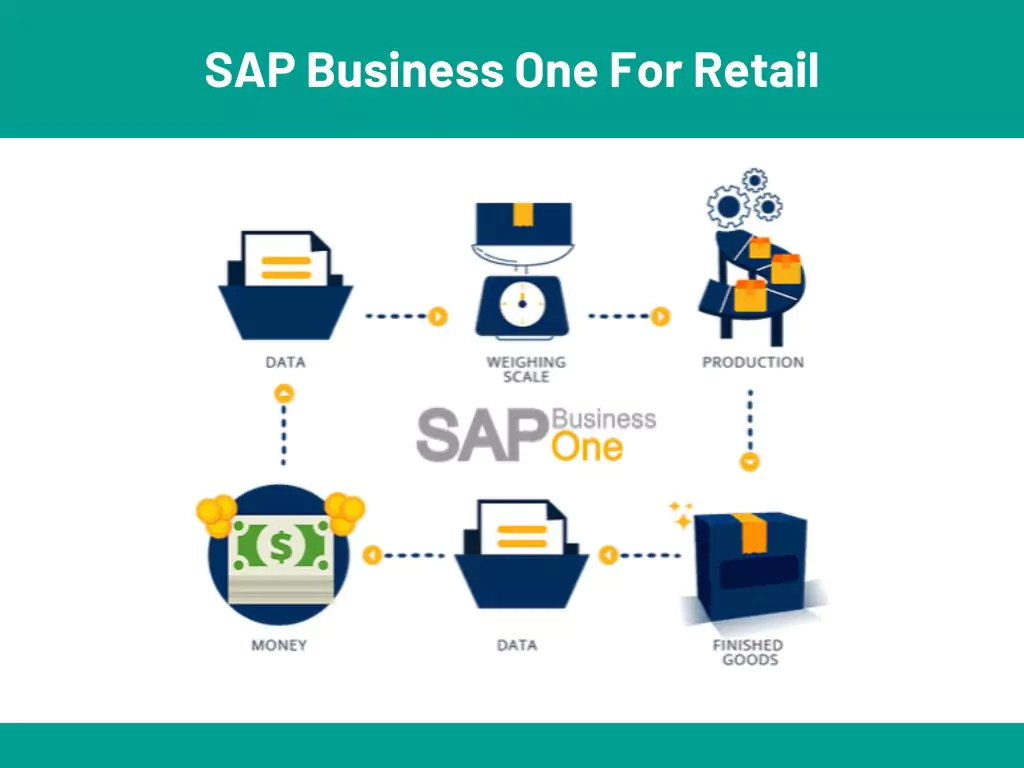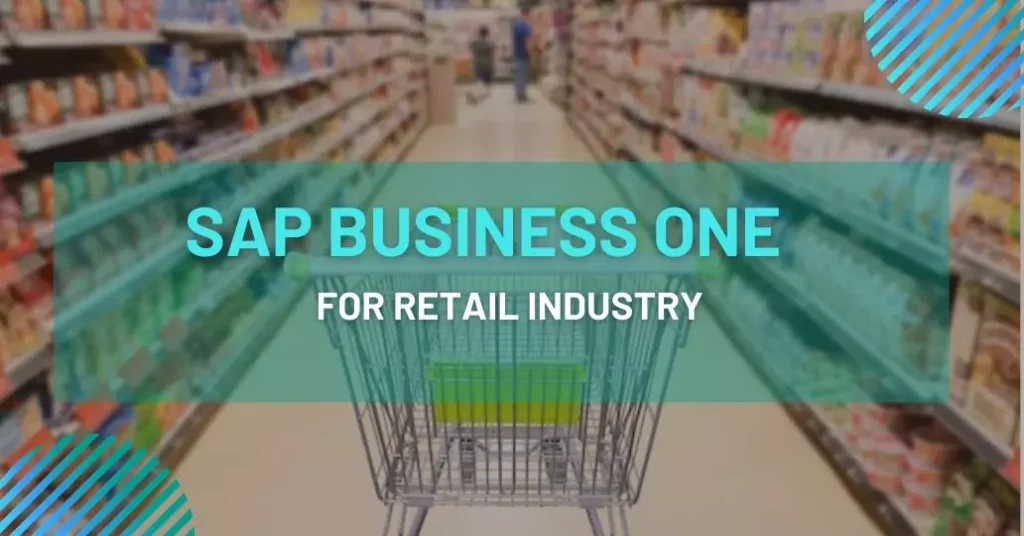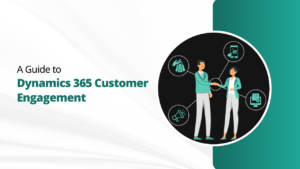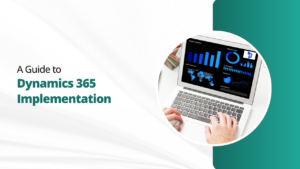Retail businesses are constantly evolving and to stay competitive requires efficient management of every aspect of the operation. To thrive, retailers need robust tools that can help them manage their operations efficiently. One such game-changer in the retail landscape is SAP Business One.
In this blog, we’ll learn about SAP Business One for retail, exploring its key features and benefits. Join us on a journey through the ever-evolving retail industry and discover how SAP Business One can be your ticket to lasting success.
Introduction to SAP Business One for Retail
SAP Business One offers a comprehensive suite of tools to manage various aspects of a business, and retail is no exception. With SAP Business One, retailers can effectively manage inventory, improve customer relationships, and make data-driven decisions.
The Importance of Efficient Retail Management
Retail management is more than just selling products. It’s about creating memorable customer experiences, optimizing inventory, and ensuring that the business operates smoothly. In the competitive world of retail, inefficient processes can lead to lost sales and customer dissatisfaction. SAP Business One addresses these challenges by providing a platform that helps retailers make their operations more efficient and customer-focused.
Key Features of SAP Business One For Retail
1. Inventory Management
Managing inventory is a critical task for retailers. SAP Business One offers tools to keep track of stock levels. It is used to reorder products at the right time and prevent overstocking or understocking. With real-time data, retailers can make informed decisions about what products to order. It ensures that products meet customer demand while minimizing carrying costs.
2. Customer Relationship Management
Customers are the lifeblood of any retail business. SAP Business One enables retailers to gather and analyze customer data. It makes it easier to personalize marketing efforts and improve customer service. By understanding customer preferences and behavior, retailers can build lasting relationships.
3. Reporting and Analytics
Data is invaluable in the retail industry. SAP Business One provides powerful reporting and analytics tools that help retailers gain insights into their operations. Retailers can track sales, monitor inventory turnover, and identify trends. This data-driven approach empowers retailers to adapt to changing market conditions.
Benefits of SAP Business One for Retail

1. Improved Inventory Control
Effective inventory management is crucial for retailers. With SAP Business One, retailers can optimize stock levels and avoid over-ordering. This ensures that products are available when customers want them, leading to increased sales.
2. Enhanced Customer Experience
SAP Business One helps retailers provide exceptional customer experiences. By analyzing customer data, retailers can tailor marketing efforts and personalize interactions. This personalization leads to higher customer loyalty and repeat business.
3. Better Decision-Making
Data-driven decisions are at the heart of successful retail operations. SAP Business One gives retailers the insights they need to make informed choices. This leads to improved sales, reduced costs, and increased profitability.
Implementation and Integration
Steps to Implement SAP Business One in a Retail Setting
The implementation of SAP Business One in a retail environment involves several steps. These include assessing business needs, configuring the system, migrating data, and training staff. Following a structured approach, retailers can ensure a smooth transition to the new system.
Implementing SAP Business One in a retail setting is a significant undertaking that requires careful planning and execution. Here are the steps to guide you through the process:
- Identify your business needs and objectives.
- Determine the scope of the implementation.
- Assemble a project team with key stakeholders.
- Choose an experienced SAP Business One partner with retail expertise.
- Review their references and past projects to ensure their track record aligns with your needs.
- Work with your partner to customize SAP Business One to fit your retail processes.
- Configure the system to meet your specific requirements.
- Plan and execute data migration, transferring existing data into SAP Business One.
- Ensure data accuracy and consistency during the process.
- Thoroughly test the system to identify and resolve any issues.
- Involve end-users in testing to ensure the solution meets their needs.
- Provide comprehensive training to your staff to ensure they can use SAP Business One effectively.
- Training should cover various modules and processes.
- Maintain a relationship with your SAP Business One partner for continued support.
- Gather feedback from users to refine and enhance the system.
Integration with Other Systems
Retail businesses often use multiple software systems for various tasks. SAP Business One can be integrated with other software, such as point-of-sale systems and e-commerce platforms. It ensures a seamless flow of data across the organization
Challenges and Solutions
Common Challenges Faced by Retailers When Implementing SAP Business One
While SAP Business One offers numerous advantages, retailers may encounter challenges during implementation. These can include data migration issues, employee resistance, or technical hiccups. It’s essential to be aware of these challenges and have strategies in place to overcome them.
How to Overcome These Challenges
Retailers can mitigate challenges by planning and communicating effectively. By working with experienced SAP Business One partners who can troubleshoot technical issues.
Future Trends in Retail and SAP Business One
How SAP Business One Is Adapting to Changing Retail Trends
The retail industry is constantly evolving. Trends like e-commerce, omnichannel retail, and sustainability are becoming more significant. SAP Business One is continuously evolving to accommodate these changes. It ensures that retailers remain competitive in the dynamic market.
The Role of Technology in Shaping the Future of Retail
Technology plays a pivotal role in shaping the future of retail. Retailers who embrace innovative solutions like SAP Business One will be better positioned to thrive in a rapidly changing landscape.
Conclusion:
SAP Business One’s power lies in its ability to optimize inventory and drive data-driven decision-making. It’s a comprehensive solution for small and midsize retailers looking to flourish in an increasingly competitive environment.
As the retail world continues to evolve, those who harness the power of SAP Business One will not only keep up but stay ahead.
So, if you’re looking to elevate your retail business, now is the time to explore our SAP Business One services. Contact us today!




